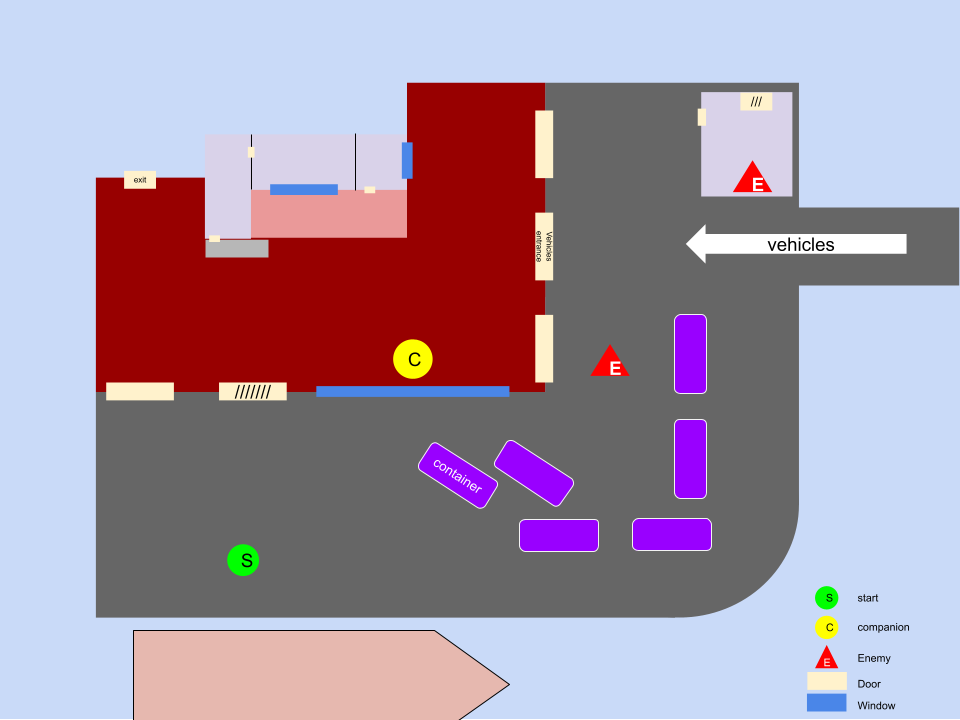I posted a question on my LinkedIn, and most of the answers misinterpreted it. It’s part of the deal of posting thoughts on something so noisy as a social network.
Someone claimed that you should work on something trend-setting when you work on a game. You shouldn’t follow trends. I do agree, but let’s be real: that rarely happens.
If you have the luxury to work on a videogame, you will probably work on a game that never ships. And if it ships, the probability that nobody will play it is high. And if people play it, they will very likely find it a boring or average game. And if instead, it is a good game, the odds are that it will be not great…
What’s the point of my rant? I prefer to focus on the beauty of my craft, intended to my progress within it, and the people I work with. Because making games to be rich and famous can be too much delusional for someone like me.



